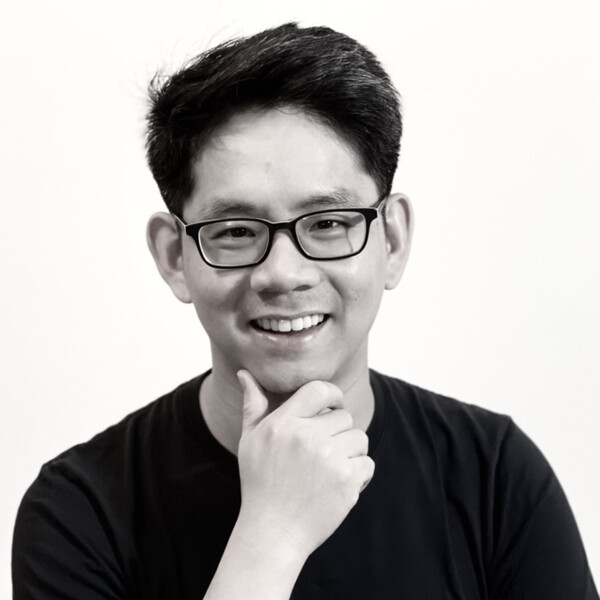Jesse Chao
PhD, University of British Columbia

Qualification
- BSc, Life Sciences, Queen’s University, 2007
- PhD, Cell and Developmental Biology, University of British Columbia, 2013
- Postdoctoral Fellow, Cell Biology, University of California, San Diego
- Postdoctoral Fellow, Cancer Cell Biology and Computational Biology, University of British Columbia, 2021
At a Glance
- Identify human genetic variants that contribute to cancer predisposition using functional assays
- Characterize protein functions in cancer development and progression using high-content imaging techniques
- Develop deep learning-based computer vision techniques to automate image analysis
- Develop lesion detection techniques for digital pathology
Research Synopsis
The Chao lab is focused on improving our understanding of an individual’s risk of cancer. To accomplish this goal, we are integrating wet-lab and computational approaches to develop new predictive technologies.
A person’s genetic predisposition to hereditary cancers can be detected by screening for potentially cancer-causing mutations, also known as genetic variants. If pathogenic variants are found, clinicians can begin monitoring the patient for new lesions. Their family members can also be tested to trace the variant. However, most identified variants cannot be classified due to insufficient clinical data, causing many patients to receive inconclusive genetic testing results. We are addressing this challenge by developing cell-based assays to assess the functional impact of variants from within a tumour context. Further, we use machine learning to classify variants based on the empirical data, turning variants into actionable genetic markers.
To better detect sporadic cancers, we are building precision histology solutions. By using computer vision and deep learning algorithms, we are designing software to detect, segment and classify potentially cancerous lesions in hematoxylin and eosin (H&E) slides. Thus, computers will learn to identify critical tissue- and cell-level features indicative of cancer. We envision this software will become a clinical diagnostic assistant that will accelerate the detection of precancerous lesions.
Our work is driven by close interdisciplinary collaborations with clinician scientists. Together, we hope to transform precision medicine.
Recent publications
- Ganguly, P.*, Madonsela, L.*, Chao, J.T., Loewen, C.J., O'Connor, T., Verheyen, E.M., Allan, D.W. (2021) An efficient in vivo Drosophila assay for clinical interpretation of human PTEN variants in suppression of PI3K/AKT induced cellular proliferation. PLOS Genetics 17(9):e1009774
- Chao, J.T.*, Roskelley, C.D. and Loewen, C.J.R. (2021) MAPS: machine-assisted phenotype scoring enables rapid functional assessment of genetic variants by high-content microscopy. BMC Bioinformatics 22(1): 202 *corresponding author
- Chao, J.T., Piña, F., and Niwa, M. (2021) Regulations of the early stages of endoplasmic reticulum inheritance during ER stress. Molecular Biology of the Cell 32(2):109-119
- Chao, J.T., Hollman, R., Meyers, W., Meilli, F., Matreyek, K.A., Austin, P., Fowler, D.M., Haas, K., Roskelley, C.D. and Loewen, C.J.R. (2020) A premalignant cell-based model for functionalization and classification of PTEN variants. Cancer Research 80(13): 2775–2789 (Cover article)
- Young, B.P., Post, K.L., Chao, J.T., Meili, F.,Haas, K. and Loewen C.J.R. (2020) Sentinel Interaction Mapping (SIM) – A generic approach for the functional analysis of human disease gene variants using yeast. DiseaseModels and Mechanisms 13(7): dmm044560
- Chao, J.T., Piña, F., Onishi, M., Cohen, Y., Lai, Y., Schuldiner, M. and Niwa, M. (2019) Transfer of the Septin Ring to Cytokinetic Remnants in ER stress Directs Age-Sensitive Cell Cycle Re-entry. Developmental Cell 51 (2), 173-191.e5
